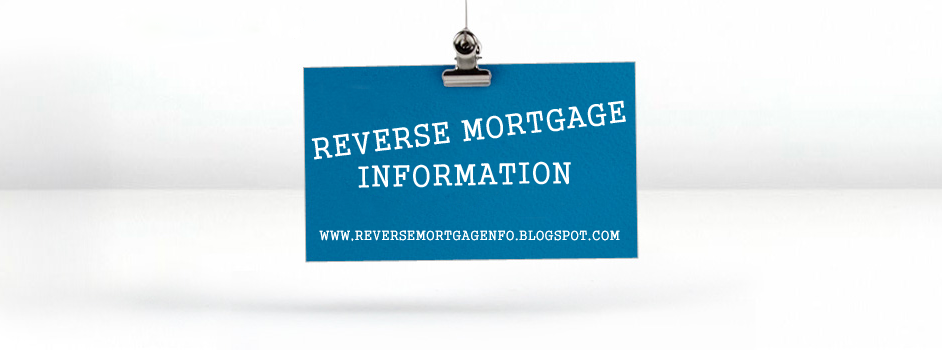 |
| Image Source: integratedmortgageplanners |
Reverse mortgage might be a wonderful solution to a financial problem. In spite of this, this type of loan is not for anyone. And you have to be on guard against financial agents looking to sell you into getting a loan against your home equity. Listed below are some of the disadvantages that you should consider before giving in to the sweet sales talk of that agent:
Obtaining the Mortgage Actually Involve Considerable Costs
Every type of loans demand costs and pose some costs in the process of availing them. Although, some state that the complete process of getting a loan by using this process can be quite costly. You must spend money on charges for application, appraisal, credit report, monthly service, closing costs and insurance. You also must pay for property taxes, insurance and repairs if you are let to stay at the mortgaged house. And many financial experts can see thousands of dollars in expenses in obtaining a reverse home mortgage as compared the conventional mortgages.
A Reverse Mortgage Can Build Up Debt and Decrease Equity
While a traditional mortgage is there to support you to finance your home purchase, the reverse type can take your home that is free of debt. In the first one, you make payments every month and eventually pay down the principal amount that you owe your lender. On the contrary, the last mentioned will create a new debt on your home. So instead of clearing yourself of debt little by little, you are actually creating new debt.
You are Not Free to Move
In this type of loan, it is essential that the home should be your primary residence. Thus while you have a mortgage, you are basically not allowed to move out of the house. Additionally, moving out of the house shortly after getting the loan means that you will not recoup with the upfront costs that you have spent just to get the loan. You might need to take a trip and enjoy living in some other places when you stop working and reverse home mortgage would possibly not allow you so.
You can be Ineligible for Federal or State Assistance
You may receive a significant sum from getting a reverse loan but this can be the cause for you to be denied of low-income assistance from the government like Medi-Cal benefits, Supplemental Social Security Income or SSI and Medicaid. It is, therefore advised that you verify if your mortgage will have an unwanted consequence on any help that you are currently benefiting from.
Reverse mortgages can be useful. But this applies only to some person and the right circumstance. And you could be at a disadvantage if you don’t look at your choices properly before getting engaged with this type of loan.

 Times are hard for the seniority facing economic depression, in spite of the monthly pension that is offered to them by the local governme...
Times are hard for the seniority facing economic depression, in spite of the monthly pension that is offered to them by the local governme...
 Image Source: ehow.com If you want to improve financial support when you arrive at pension age one of the alternatives is reverse mortga...
Image Source: ehow.com If you want to improve financial support when you arrive at pension age one of the alternatives is reverse mortga...
 The common myths regarding the terms of reverse mortgages are astounding. Despite the recommendations received from the American Associatio...
The common myths regarding the terms of reverse mortgages are astounding. Despite the recommendations received from the American Associatio...